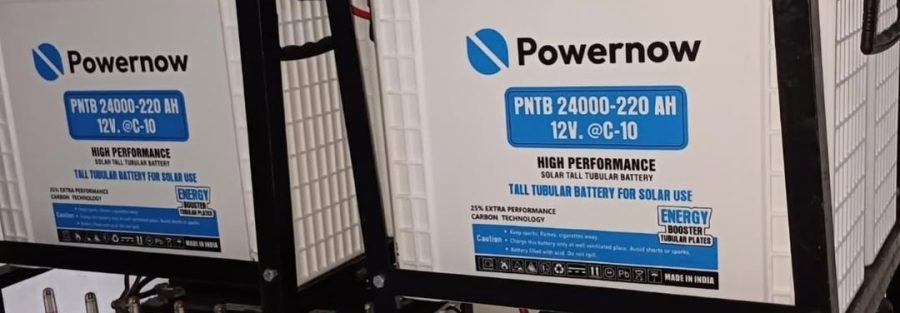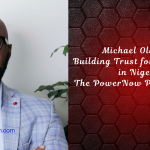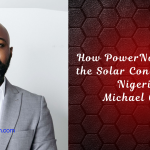People often assume the hardest part of running a solar business is the technical work:
Finding the right panels.
Building a reliable system.
Handling installations across states.
But after years in this space, I can tell you confidently—
that’s not the hardest part.
The real challenge is something deeper, something most founders in the energy space quietly struggle with:
Getting Nigerians to trust a solution they’ve never truly experienced.
Let me explain.
1. The Market Wants Solar. But It Doesn’t Fully Trust Solar.
Every Nigerian knows the pain of unreliable electricity.
Everyone wants a better option.
So, when people hear about solar, they’re excited…
…until it’s time to pay.
Why?
Because they’ve heard too many stories:
“My solar stopped working after one month.”
“They told me it would carry my freezer. It didn’t.”
“They disappeared after the installation.”
Before customers buy solar, they’re not analyzing the tech.
They’re analyzing whether they can trust you.
That’s the real battlefield.
2. Explaining What Solar Can and Cannot Carry
Many Nigerians believe solar is magic.
They want it to run ACs, irons, water heaters, deep freezers — everything — with two panels and one battery.
And when you tell them the truth, you face suspicion again:
“So why should I pay this much if it won’t carry everything?”
Educating customers takes time, patience, and clarity.
It’s part teaching, part managing expectations, part shifting mindset.
But without that education, every solar business looks like a scam.
3. The Adoption Problem: People Don’t Want to Be the First in Their Area
In some communities, if one person has a bad experience with solar, the whole area becomes resistant.
“If it didn’t work for him, why will it work for me?”
So adoption is not just about marketing.
It’s about building community confidence, not just individual confidence.
One successful installation in a neighborhood can change everything.
One failed installation can delay growth for months.
4. Why PayLater Became Necessary
When we introduced PowerNow PayLater, it was to remove one barrier: Upfront cost.
But another challenge emerged.
People thought:
“Is this leasing?”
“Are they trying to trap me into payments?”
“Is this another fine print thing that will shock us later?”
It took clear communication for people to understand:
You own the system.
You’re simply spreading payment.
It’s structured, not complicated.
And it’s built to make energy accessible — not stressful.
The model wasn’t the problem.
Understanding the model was the challenge.
5. What This Journey Has Taught Me
Building a solar business in Nigeria has taught me three truths:
Truth #1: You’re not just selling solar. You’re selling trust. And trust takes time.
Truth #2: A founder in the solar space must become an educator.
If people don’t understand the product, they won’t adopt it.
Truth #3: Scaling is not just about product quality — it’s about consistent communication.
The market listens, but only when you speak clearly.
Final Thought
The hardest part of building a solar business in Nigeria isn’t the tech.
It isn’t the supply chain.
It isn’t even the cost.
It’s helping people believe that solar can truly improve their lives.
And once that belief is built, the adoption follows naturally.
That’s the part no one talks about.
But it’s the part that matters the most.





